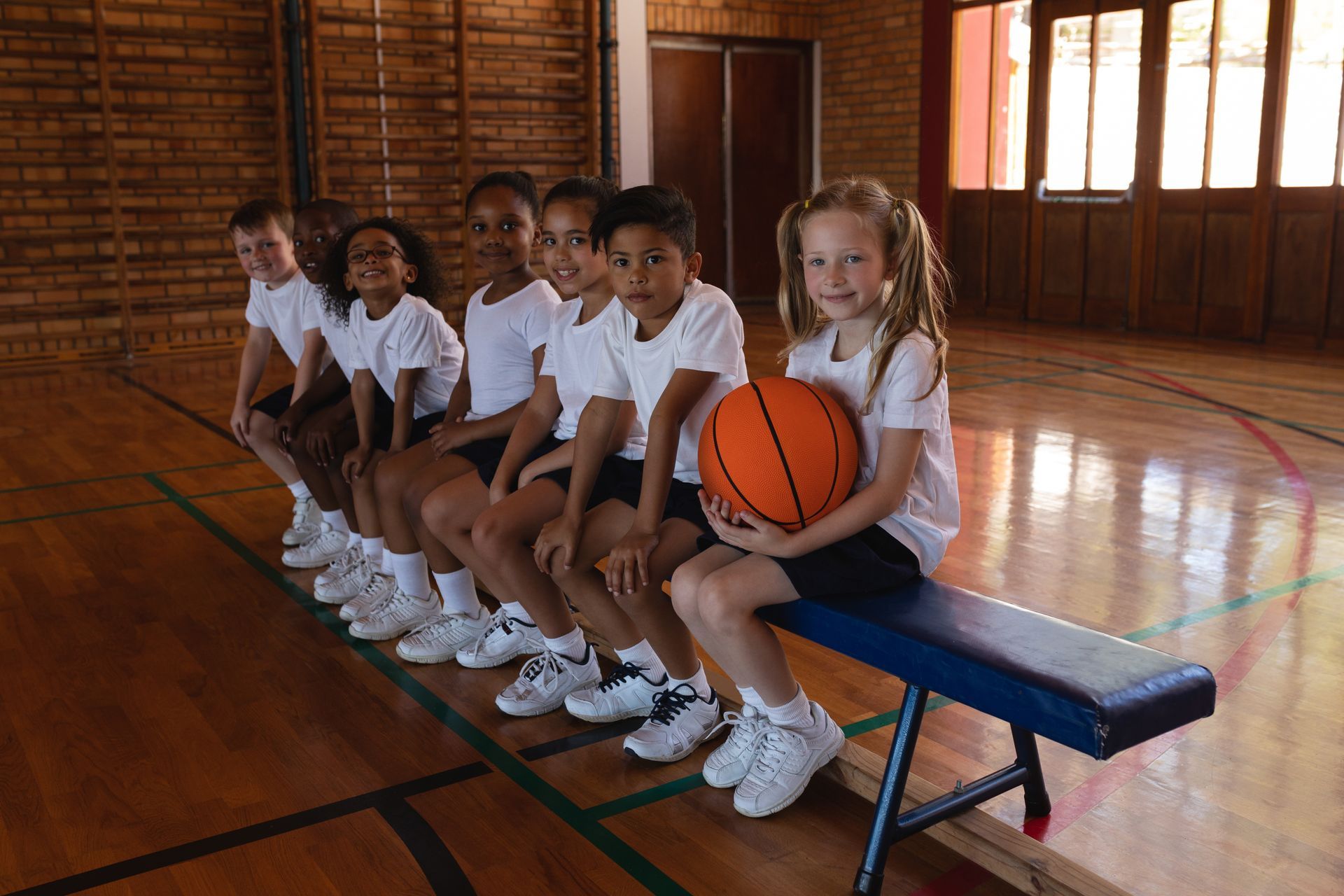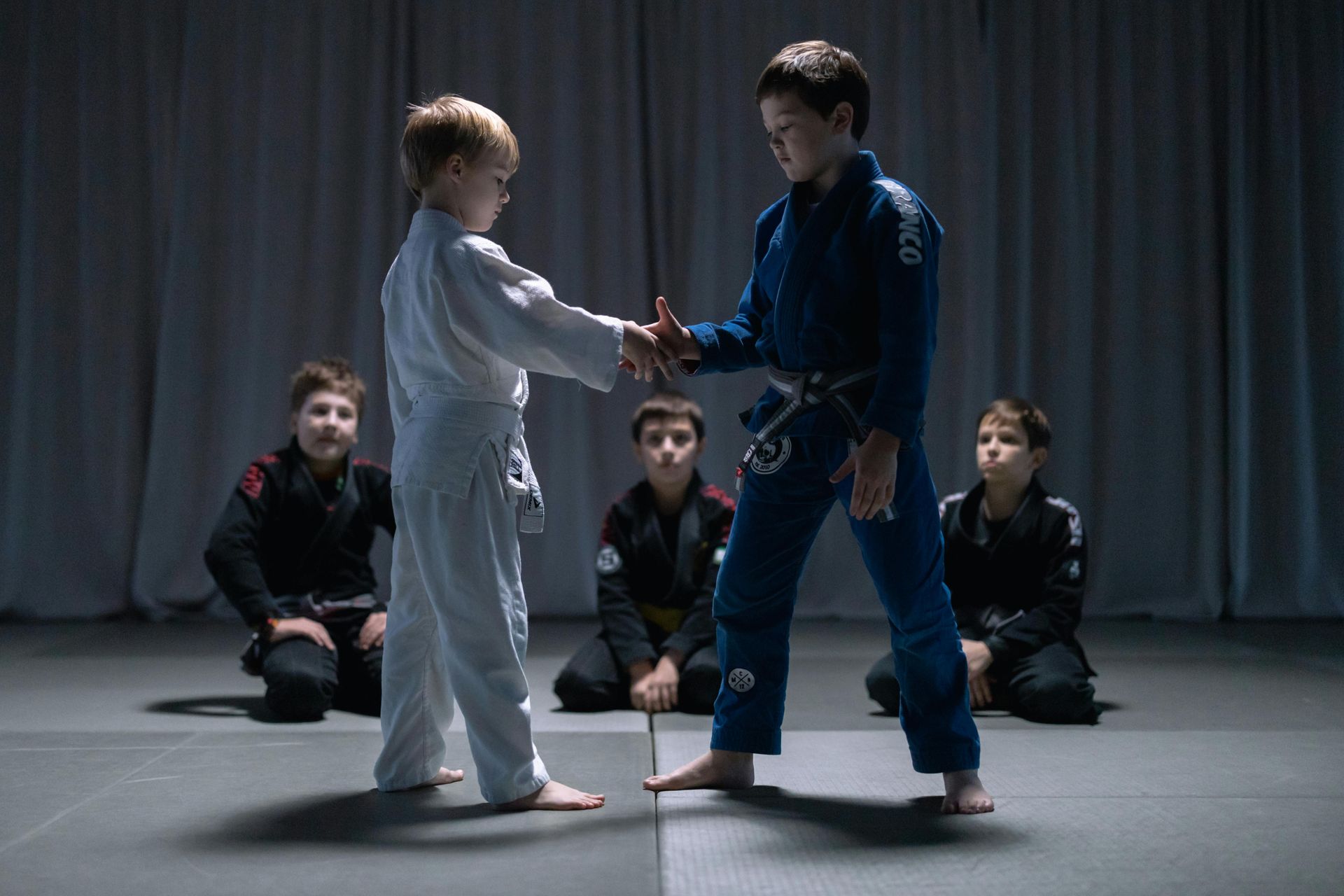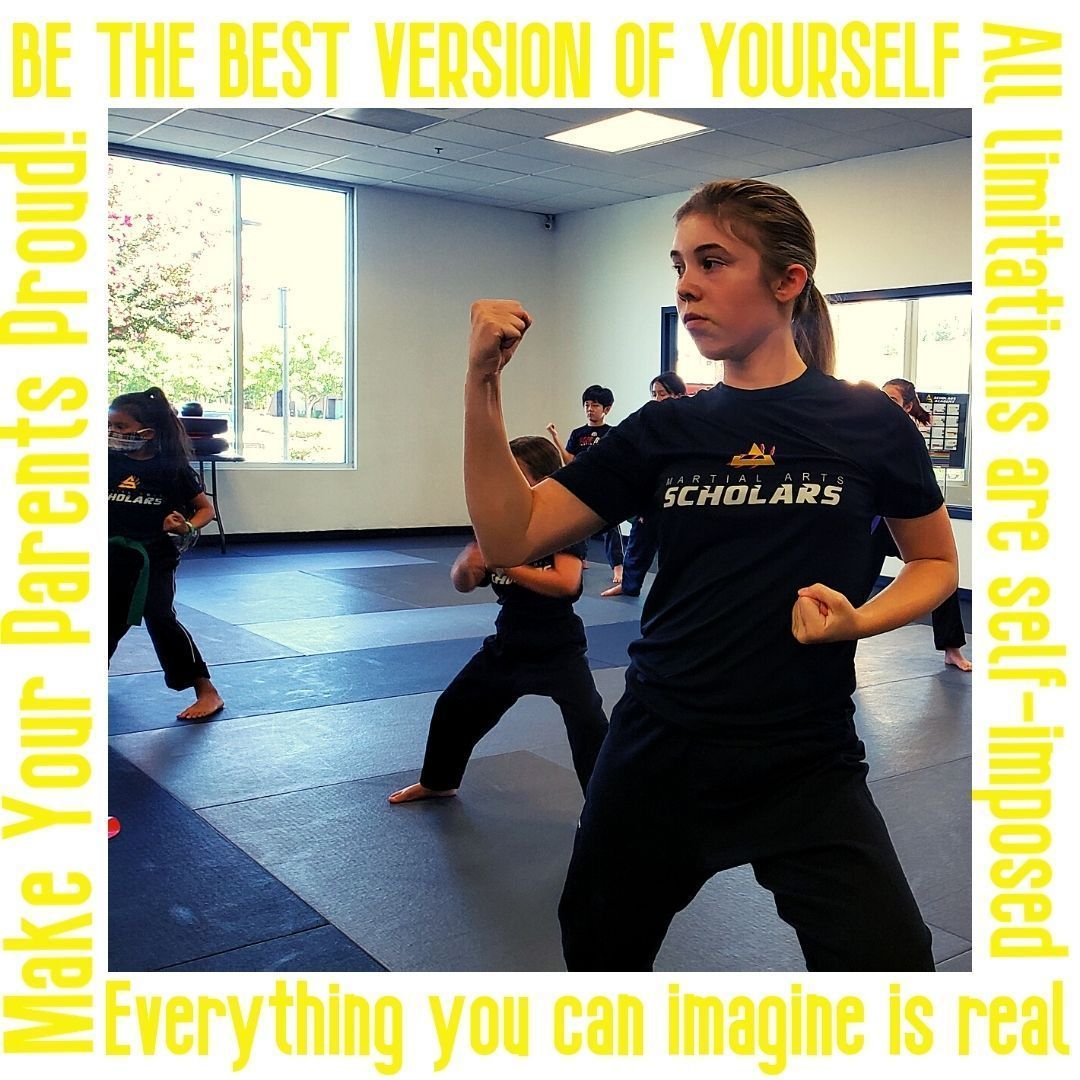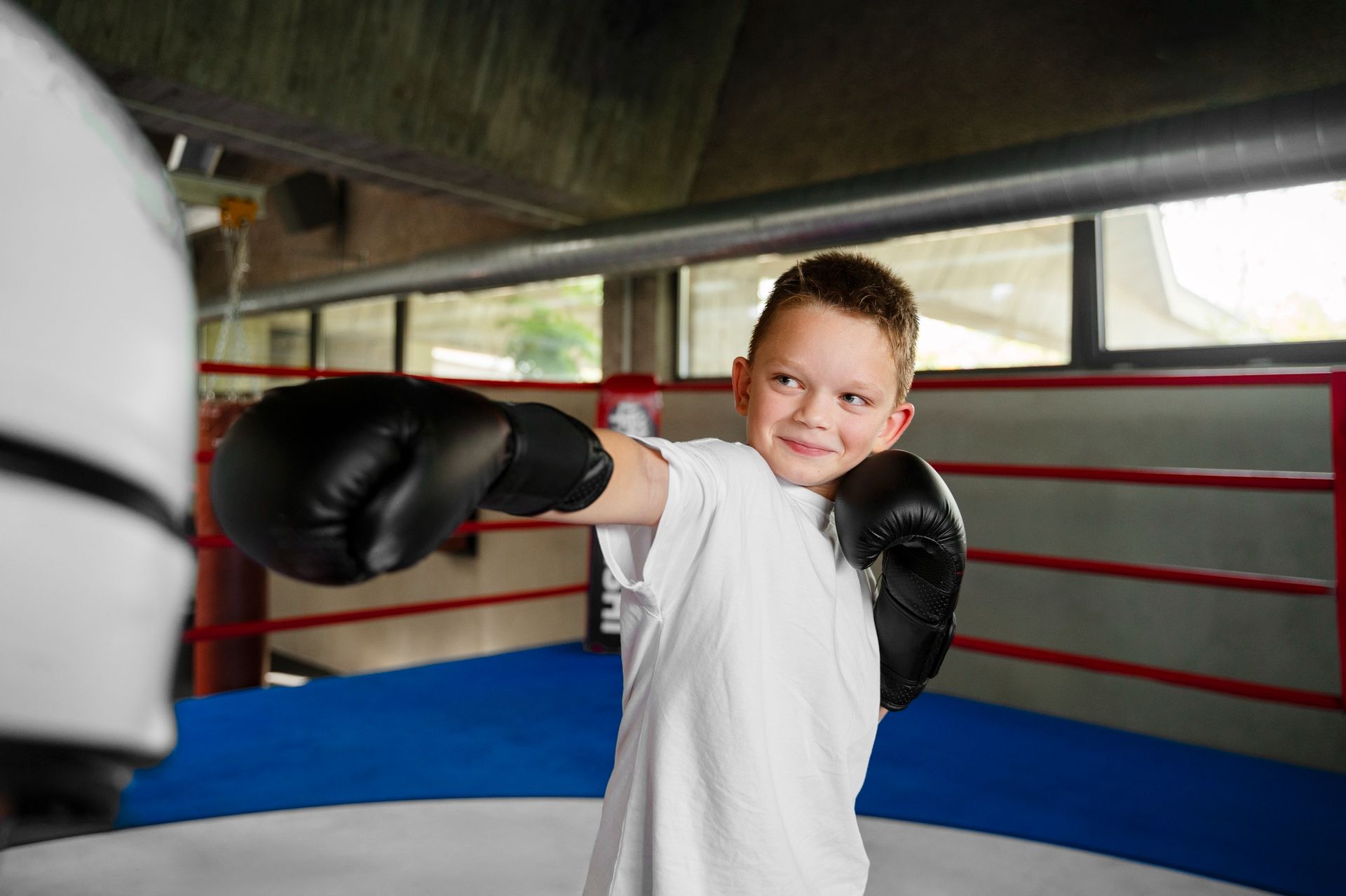3840 Balfour Rd, Suite D, Brentwood, CA, 94513 | (925) 809-0085
Time management is a critical skill for young athletes, especially those juggling academics, sports, and other extracurricular activities. Striking a balance between training, schoolwork, family time, and social life can be challenging, but mastering this skill will set the foundation for long-term success. At Scholars Academy in Brentwood, CA, we understand the unique demands placed on young athletes, and we're here to offer tips and strategies to help them manage their time effectively.
In this blog, we’ll discuss essential time management skills for young athletes, provide actionable tips, and explain how proper time management can enhance performance both on and off the field.
The Importance of Time Management for Young Athletes
Young athletes are often required to wear many hats—students, teammates, sons or daughters, and friends. When these responsibilities start piling up, the pressure to keep up can feel overwhelming. That’s why learning to manage time is crucial. By developing strong time management skills, young athletes can:
- Avoid stress and burnout.
- Improve performance in both academics and athletics.
- Maintain a healthy balance between their commitments.
- Create more time for rest and recovery.
- Develop life skills that will benefit them in adulthood.
Athletes who successfully manage their time are better prepared to face challenges, set and achieve goals, and thrive in all aspects of their lives. Time management also helps prevent last-minute scrambling for homework or cramming for tests, which can impact athletic performance due to lack of sleep or stress.
Prioritizing and Goal Setting: Focus on What Matters Most
One of the initial steps in gaining control over your time is learning how to rank the importance of your tasks. Young athletes must balance training sessions, homework, and personal time, which makes it essential to determine what requires immediate attention and what can be deferred.
How to Prioritize:
- Make a list of all your responsibilities, including training schedules, schoolwork, and personal tasks.
- Determine deadlines for assignments or tests, and note important game days or practice sessions.
- Rank tasks based on urgency and importance. For example, if you have an exam tomorrow, studying should take precedence over a training session that can be postponed.
- Break down larger tasks into smaller, manageable pieces. For example, instead of saying, “I need to study for a test,” break it into “review chapters 1 and 2 tonight” or “complete practice problems for math.”
- Goal setting is also key. By defining what you want to achieve academically, athletically, and personally, you can create a clear roadmap for success. Set SMART goals (Specific, Measurable, Achievable, Relevant, and Time-bound) for both short-term (e.g., improving your speed in the next game) and long-term goals (e.g., earning a college athletic scholarship).
Creating a Structured Schedule: The Power of Routine
Once you’ve identified your priorities, the next step is to create a structured daily or weekly schedule. Having a routine will help young athletes stay on track and reduce the stress of juggling multiple commitments. Time blocking is a particularly effective method, as it allows you to allocate specific time slots for each task or activity.
How to Create an Effective Schedule:
- Use a planner or digital calendar to arrange your time efficiently. Input all recurring activities (training sessions, classes, etc.) and assign time slots for homework, relaxation, and family time.
- Time block your day by grouping similar activities together. For example, if you know you need two hours for training, block out that time in the late afternoon. Then, schedule time for homework afterward.
- Include buffer times to account for transitions between activities or unexpected interruptions.
- Stick to your schedule as closely as possible but be flexible enough to adjust when needed.
- Consistency is crucial to the success of any schedule. When young athletes follow a set routine, they develop discipline and are less likely to procrastinate.
Balancing Sports, Academics, and Personal Life
The challenge for many young athletes is finding the balance between excelling in sports and maintaining good academic performance. Often, one side gets neglected. However, it’s possible to excel in both areas if proper balance is maintained.
Tips for Balancing Sports and Academics:
- Prioritize academics during non-peak sports seasons. When your sport is in the offseason, focus on maintaining strong grades so that during the busy season, you can manage both sports and schoolwork.
- Use travel and downtime wisely. Long bus rides to games or waiting for practice to start can be perfect times to review notes, work on assignments, or catch up on reading.
- Communicate with your teachers. Let them know about your sports schedule so they understand your time constraints. This can help in case you need extensions on assignments or need to schedule tests around games.
- Delegate tasks when possible. If you’re involved in group projects or extracurricular activities, be clear about your availability and delegate tasks accordingly to manage your workload better.
Finding time for friends, hobbies, or simply relaxing is equally important for maintaining a healthy lifestyle. Young athletes should carve out time each week to engage in activities outside of sports and school, which can help reduce stress and prevent burnout.
Managing Stress and Staying Organized
Stress is a common consequence of a packed schedule, but with the right time management skills, it can be minimized. Staying organized is key to avoiding the feeling of being overwhelmed.
Tips for Staying Organized:
- Keep your sports gear, school supplies, and materials organized in designated spaces so you’re not wasting time looking for them when needed.
- Prepare the night before by packing your gym bag, laying out clothes, and ensuring your homework is done.
- Stay on top of deadlines by setting reminders on your phone or writing them in a planner.
Managing Stress:
- Practice mindfulness techniques such as meditation or deep breathing to calm your mind before games or exams.
- Stay positive by focusing on small wins and what you’ve achieved, rather than what still needs to be done.
- Talk to someone—a coach, parent, or counselor—when feeling overwhelmed. They can offer support and help you reframe challenges.
Effective time management can significantly reduce stress by making young athletes feel more in control of their schedules and responsibilities.
Contact Scholars Academy Today!
At
Scholars Academy in Brentwood, CA, we specialize in helping young athletes reach their full potential both academically and athletically. Our experienced staff understands the demands placed on student-athletes and provides guidance on developing time management skills that lead to success on and off the field. Whether you’re looking to improve your
athletic performance (in
basketball,
karate, and
kickboxing) or need support balancing school and sports, we’re here to help. We also offer
life skills development,
family kickboxing,
extended day programs, and
kids karate. Call us today at
(925) 390-0100 to learn more about our training programs and how we can assist you in achieving your goals.
Frequently Asked Questions (FAQs)
How can young athletes avoid burnout?
Burnout can be avoided by maintaining a balance between sports, academics, and personal life. Ensure there is time for rest, hobbies, and relaxation, and avoid overloading your schedule.
Is it possible to excel both academically and athletically?
Yes! With proper time management, young athletes can excel in both areas. Prioritizing tasks, setting clear goals, and maintaining a structured routine are key strategies.
What should a young athlete do if their schedule feels overwhelming?
If a young athlete feels overwhelmed, they should take a step back, review their schedule, and break tasks into smaller, more manageable steps. Seeking support from coaches, teachers, or family can also help.
How can parents support their young athletes with time management?
Parents can support by helping their child create a realistic schedule, encouraging rest and recovery, and providing emotional support when needed.
Why is rest important for young athletes?
Rest is essential for recovery, both mentally and physically. It helps prevent injuries, reduces stress, and improves performance during both training and games.
Our Recent Articles







